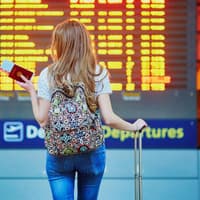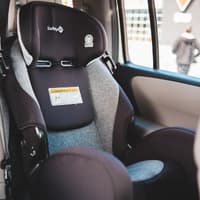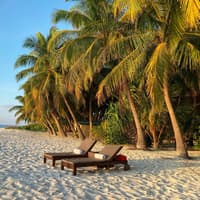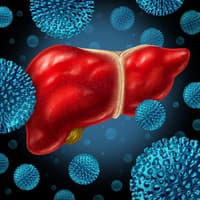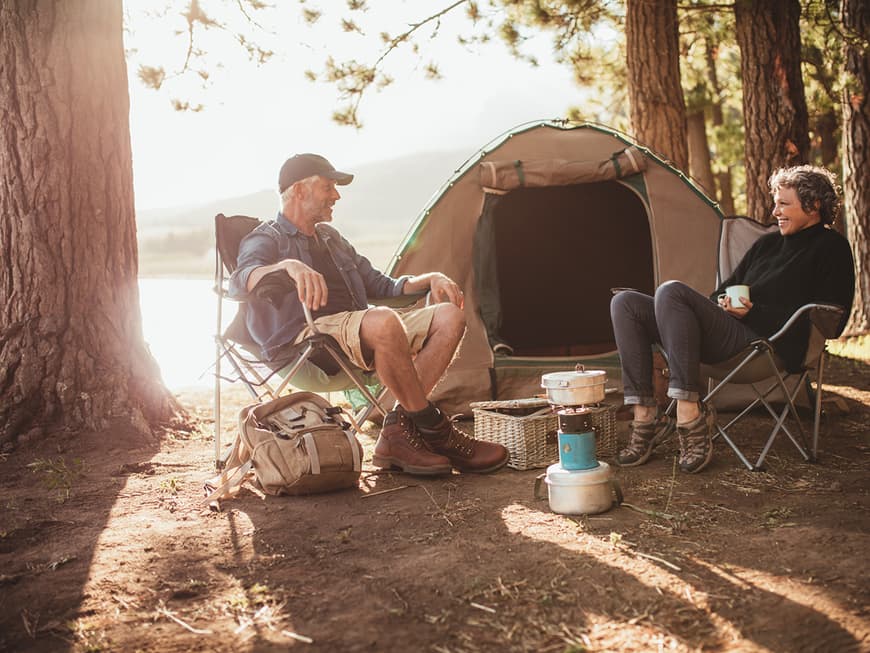
What does sustainable travel actually mean?
"It means that the joy of traveling is not at the expense of people and the environment. It means conserving resources, respecting foreign cultures and religions and traveling in harmony with the inhabitants of the vacation destination."
Do I have to sacrifice comfort and luxury?
"Not at all. Sustainable travel can be undertaken in all levels of comfort, from simple tents and private guesthouses to 4- to 5-star hotels. There are very luxurious accommodations that have excellent management in terms of energy, water and waste disposal as well as social standards. Of course, a vacation can also be comfortable: Yoga classes, culinary oases or wellness facilities - traveling is also always about your own well-being."
What should I consider when choosing my vacation destination?
"It's important to match your own expectations with the vacation destination and to find out a lot about it. This allows you to experience the place more intensively and avoid cultural pitfalls. The ratio of vacation duration to distance from the destination should also be right. So it's better to avoid long-haul flights for short trips."
How can I make the journey environmentally friendly?
"Depending on your destination, you can choose the most environmentally friendly way to get there, for example by train, bus or fully occupied car. For short distances, a bicycle is of course also suitable. If a flight cannot be avoided due to the distance, it helps to prefer direct flights in order to reduce emissions. You can also offset the CO2 emissions you cause, for example through our partner atmosfair. This calculates the corresponding pollutant consumption for air travelers and offsets it by supporting environmental projects. We use the funds to support our joint climate protection project in Nepal, which aims to rebuild houses destroyed by
houses destroyed by earthquakes with renewable energy."
What distinguishes eco-friendly accommodation?
"In environmentally friendly accommodation, care is taken to use water and energy sparingly, renewable energy is used and thought has been given to the materials used to build the house. Ideally, it is built in the style of the country and is run by local owners. This means that the money goes to the people in the vacation region and the guest enjoys traditional local hospitality. There are now a number of seals around the world that distinguish ecological accommodation. Information on this and an overview of destinations can be found on the Internet at www.forumandersreisen.de"
What should I think about when packing my suitcase?
"When choosing your clothes, consider both climatic and cultural aspects and take into account what is customary locally in terms of clothing. A refillable drinking bottle helps to save plastic bottles when you're on the road. You should leave unnecessary packaging materials at home, especially those made of disposable plastic. This will help you avoid waste."
Tips for your stay on site
Improve your eco-balance: Give preference to environmentally friendly activities such as hiking, cycling or trips by canoe or kayak. This allows you to experience nature up close and do something for your health at the same time. Public transport or local means of transportation - from tuk-tuks to rickshaws - are also good ways to get around the country and offer you your first contact with the local people.
Be careful with souvenirs: Support local handicraft traditions and pay fair prices. Do not buy souvenirs made from endangered animal and plant species, or protected cultural assets.
Read also:


